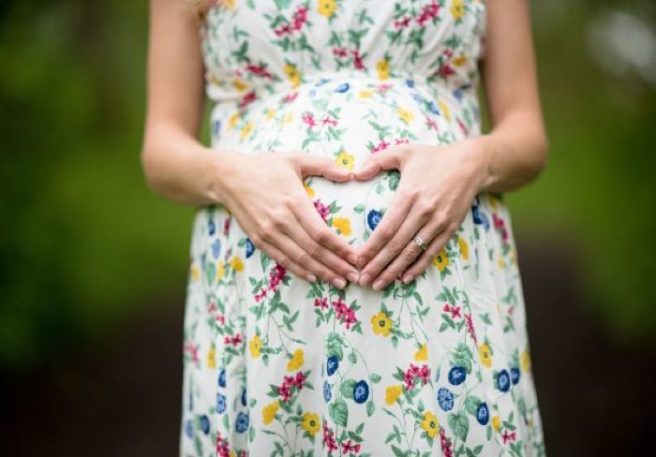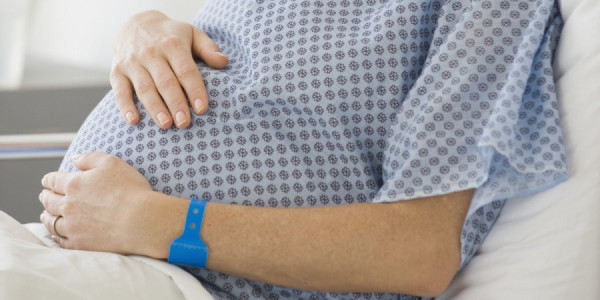
Pregnant-women suffering from high anxiety since lockdown
A new study has found that pregnant women are experiencing higher levels of anxiety due to the COVID-19 pandemic. The research, conducted by The Coombe Women & Infants University Hospital, discovered that pregnant women are worrying more about their relatives, their own health and childcare.
“In a fast-moving global health crisis such as Covid-19, accurate information from reliable sources is essential, with misinformation adding to fear and anxiety. Health anxiety is also an influential factor in the success of public health strategies to manage pandemics. The research presented today will inform how maternity patients are treated at the Coombe and beyond, and we will continue to use the most up-to-date information to help us care for our patients’ physical and mental health," said Prof Michael O'Connell, Master of the Coombe Women & Infants University Hospital.
Since the onset of the pandemic, pregnant women were most concerned about their older relatives (83%), followed by their other children (67%) and their unborn babies (63%). While they were least worried about themselves (51%), their concern for their own health has risen by 34% since before the pandemic (from 17%).

Commenting on the findings, Gillian Corbett, Junior Registrar at the Coombe Women & Infants University Hospital and lead author of the study, said: “It is clear that the Covid-19 pandemic has caused anxiety among the pregnant population to rise. Our patients are least concerned about their own health, but despite this, over half of women have significant health anxiety and government instruction on social distancing has resulted in major changes in behaviour among pregnant patients.
“Pregnant women being under additional pressure may have indirect adverse effects on their physical and mental health. It is critical to recognise this and support patients through the provision of accurate and up-to-date information, with simple strategies such as in this study leading to improved patient satisfaction and empowerment.”

Since the lockdown began, most pregnant women have made significant lifestyle changes at the onset of the pandemic and before full ‘stay-at-home’ guidance was issued. 70% of those surveyed reported avoiding all socialising, while almost half (47%) had altered their primary method of transportation; in order to avoid contracting the virus, 35% were self-isolating, with 32% staying home from work; and 20% began working from home.
When asked about bulk buying, 66% reported stocking up on food; 42% stocked up on hand sanitizer; 25% on toiletries; 10% on fuel and 9% on personal protective equipment (PPE).
The survey was undertaken by 71 women in the second and third trimester of pregnancy, completed during the first two weeks of the pandemic’s delay phase in late March – before the full ‘stay-at-home’ guidelines came into effect.






